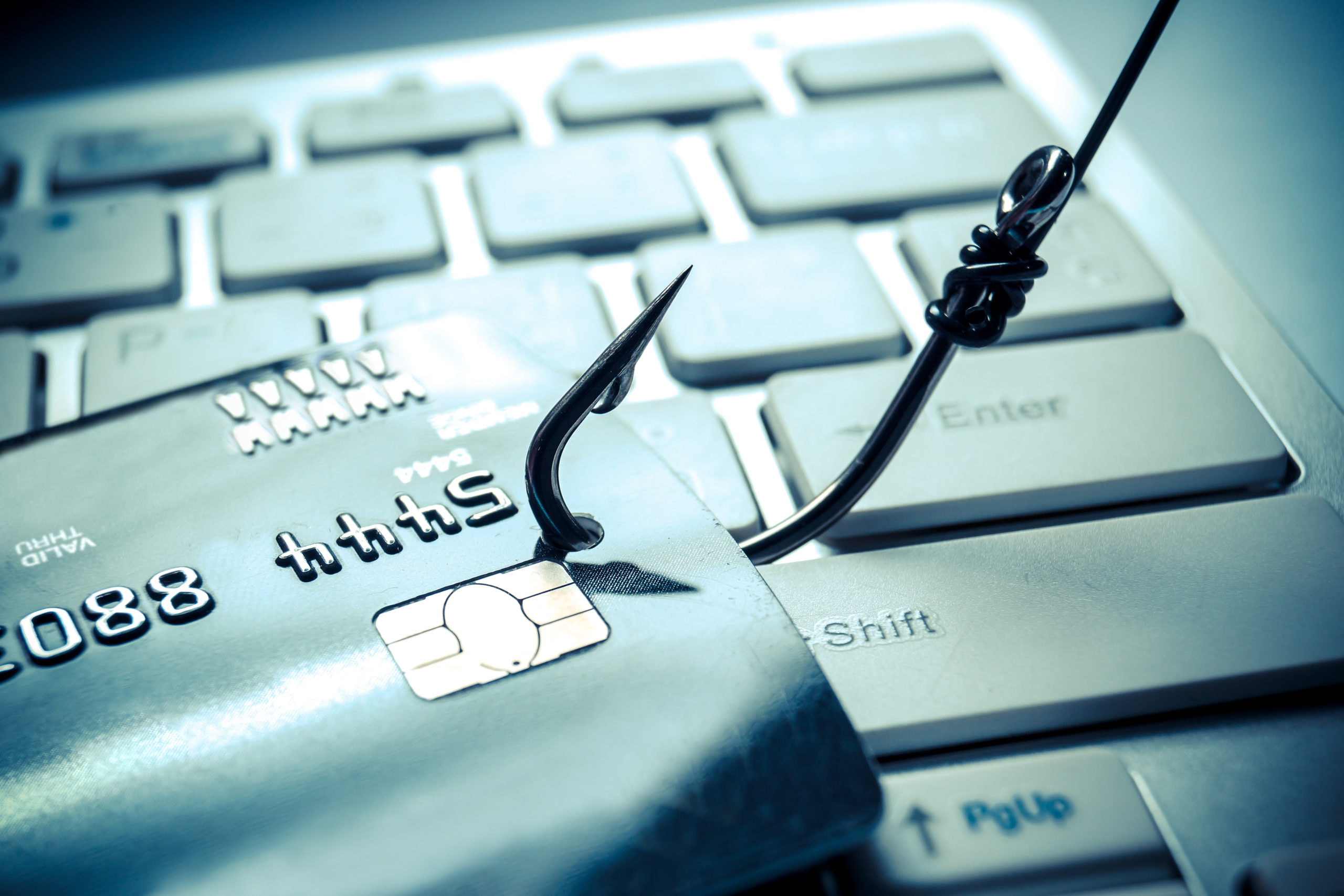We’ve reported many times about recovery facilities that follow unscrupulous practices. It is a sad reality, but it is something that is common in every industry and ours is not immune. In the case of treatment, crooked businesses have been known to put profits ahead of sobriety and prey on vulnerable people battling addictions. Now, however, the problem has appeared to have gotten worse (thanks, in part, to the COVID-19 pandemic), which the news site NPR is correctly calling out.
In a recent article on their site, NPR highlighted a “severe ethical crisis” in our field. The roots are traced back to the Affordable Care Act (ACA), which was passed more than a decade ago. Through this initiative, private insurance programs were allowed to cover people suffering from addiction. And that, in turn, created what NPR labels a “gold rush” for unethical business practices.
Dave Aronberg, a state attorney for Palm Beach County Florida, spoke about the dramatic shift that happened after the ACA took effect.
“You had all these bad actors descend on the legitimate recovery community to take advantage of people in recovery and exploit them for their insurance,” Aronberg explained. It really became the wild west. The good providers were being driven out of business by these rogue bad actors.”
Florida was called out a state where this behavior has become the most common. Expensive facilities were created which certainly had flash, but did little to help people overcome their dependencies. Centers charged insurance companies astronomical amounts and offered patients good food, swimming pools and amenities; but very little in the way of effective therapies.
The article also called out aggressive marketing tactics that these businesses are using to get credit card numbers and upfront fees (some as high as $20,000). Investigations around Florida showed that many of the people answering phones at the for-profit rehab programs were not nurses or therapists and were not asking relevant medical questions.
As mentioned above, the coronavirus pandemic has made matters much worse. Between quarantines and general anxieties, addicted people are now more vulnerable than ever. And that makes them prey when unscrupulous organizations begin phishing for clientele.
Reps from the National Association of Addiction Treatment Providers (NAATP) were also interviewed for the piece and offered some potential solutions to help with these type of regulations. In their opinion, treatment should be more closely tied with the medical field.
“The addiction treatment industry is a cottage industry,” NAATP rep Ryan Hampton added. “We need full integration into the health care system. Addiction treatment is health care, and it should be obtained in the same way that other specialty services are — you should get a referral from your primary care doctor.”







